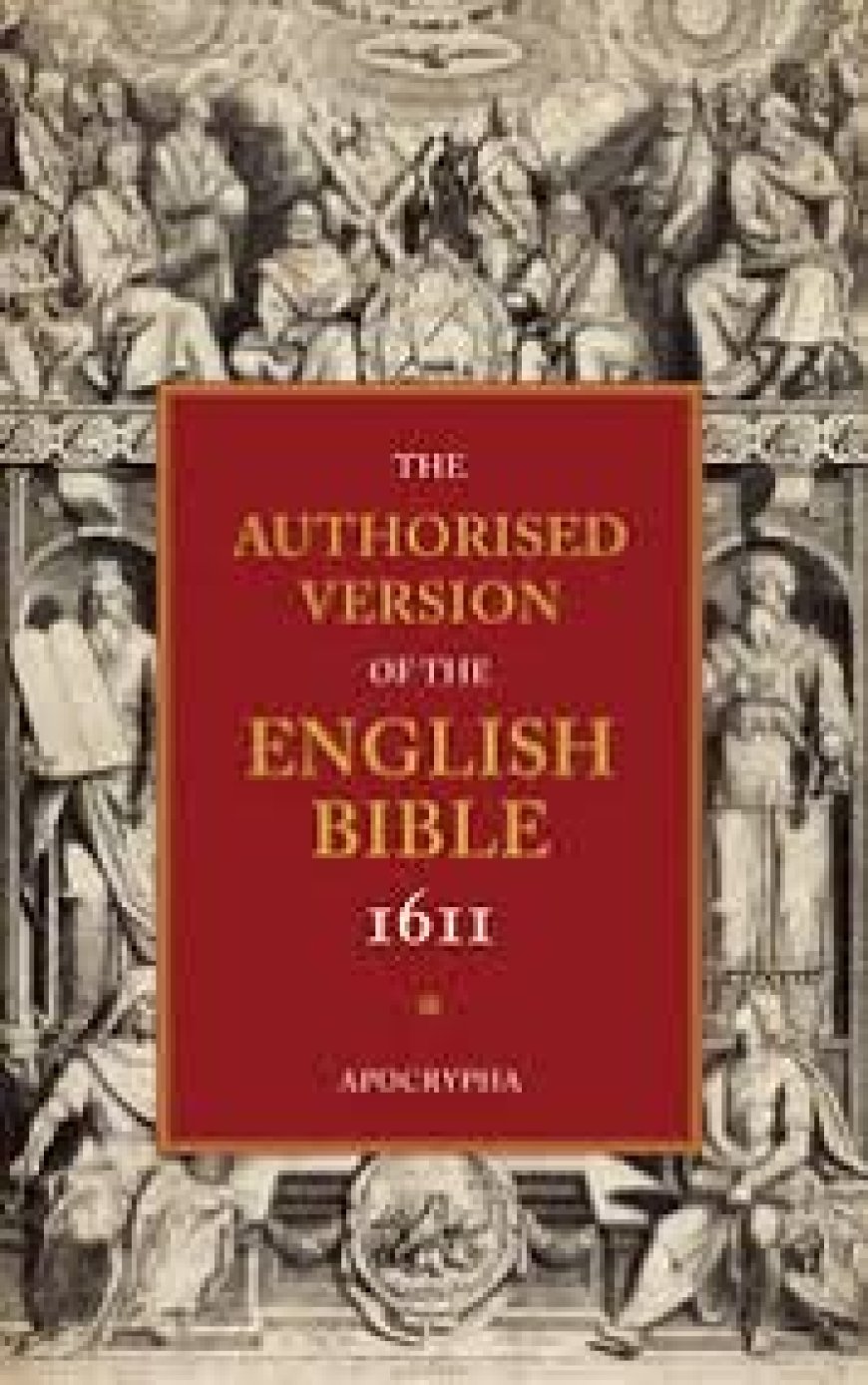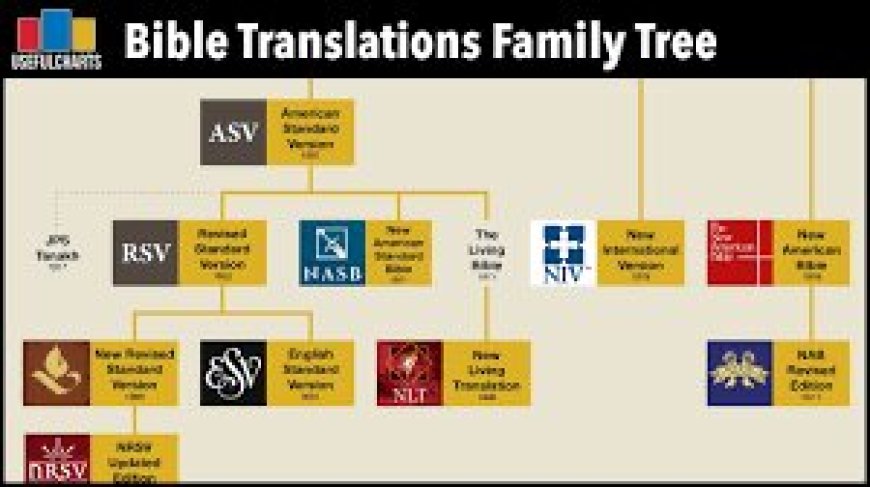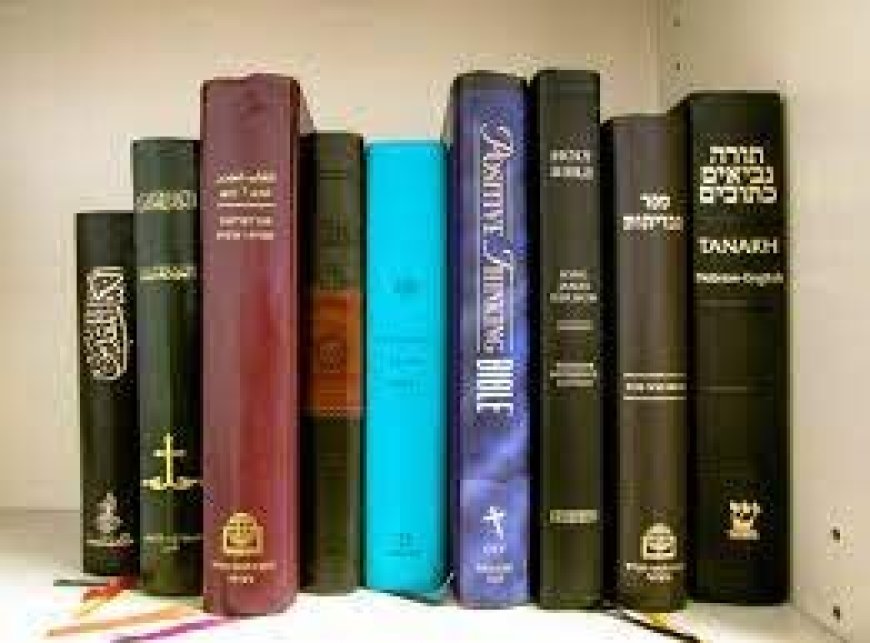Why there are many versions of the Bible
When people ask the question above, what they normally have in mind is translations which have been taken for versions.
WHY ARE THERE MANY VERSIONS OF THE BIBLE AND WHICH IS THE BEST?
By Elijah Asuo Wiredu

This is one of the common questions people have about the Bible. Some Bible critics claim that the fact that there are over 50 versions of the Bible implies that the Bible is seriously distorted and cannot be trusted. Some also teasingly say that if there are many versions of the Bible then we should not be surprised to see as many denominations of the church as we have now.
Translation or version?
We need to primarily make the distinction between the two words above. If the Bible has more than one version, then it is a very serious matter that cannot be overlooked at. Having another version of the Bible is like having another edition of the Bible in which the newer edition/version is an upgrade on the former. When people ask the question above, what they usually have in mind is translations that have been taken for versions. Of course, whenever a different translation comes out, the name is given as version. That is what has led many people to think that the current versions render the former obsolete/erroneous and not useful but that is the case at all.

Now, why the differences?
Now during crusades and in a lot public speaking programme, we see interpreters who stand beside the preacher and speak to the audience/congregation what the preacher says in one language. If one speaker uses two or more different interpreters, will they give the same interpretation with the same choice of words and expressions? The answer is obvious NO. This is one of the major reasons for the many translations of the Bible. That is to say that the Old Testament was written in Hebrew whereas the New Testament was written in Greek. The number of versions of the English Bible represents the number of entities that have attempted to translate the Bible from Hebrew and Greek to English language. Other than that all readers of the Bible would have to be speakers of Hebrew and Greek.
Another side of this is that language is dynamic. That is language changes with time. The same words and expressions do not last in a particular language forever. For example, some years ago and during the period of Shakespeare, there were English words such whilst, thou, thy, thee and –eth was added to the everyday tense forms of regular verbs. So that we got words such as leadeth for leads, cometh for comes, saveth for saves etc. This has changed now because language is dynamic. New words are added to the lexicon day in and day out. Words like kwashiorkor and Dumsor were borrowed from Ga and the Akan languages of Ghana. so as and when these changes take place, the Bible’s translation needs to be rechecked to suit the audience of each generation. Imagine reading the King James Bible which was completed in 1611, modern day speakers of English could hardly understand clearly.

Finally, there is no doubt that the manuscripts from which translations were made to the regular Bible have some “errors”. A manuscript is any portion of the Bible that is found in a handwritten form. They are in their original languages. Thus, Hebrew is for the Old Testament and Greek is for the New Testament. Most of the time, several manuscripts are found carrying the same information. It is very great to note that the errors that are found with these manuscripts are not faith-related. They are mainly issues of spelling and grammar; they, therefore, do not affect the legitimacy of the Bible as the infallible and unadulterated word of God.
What's Your Reaction?




































